![]() Admin
Admin
![]() September 21, 2025
September 21, 2025
![]() (0) Comment
(0) Comment
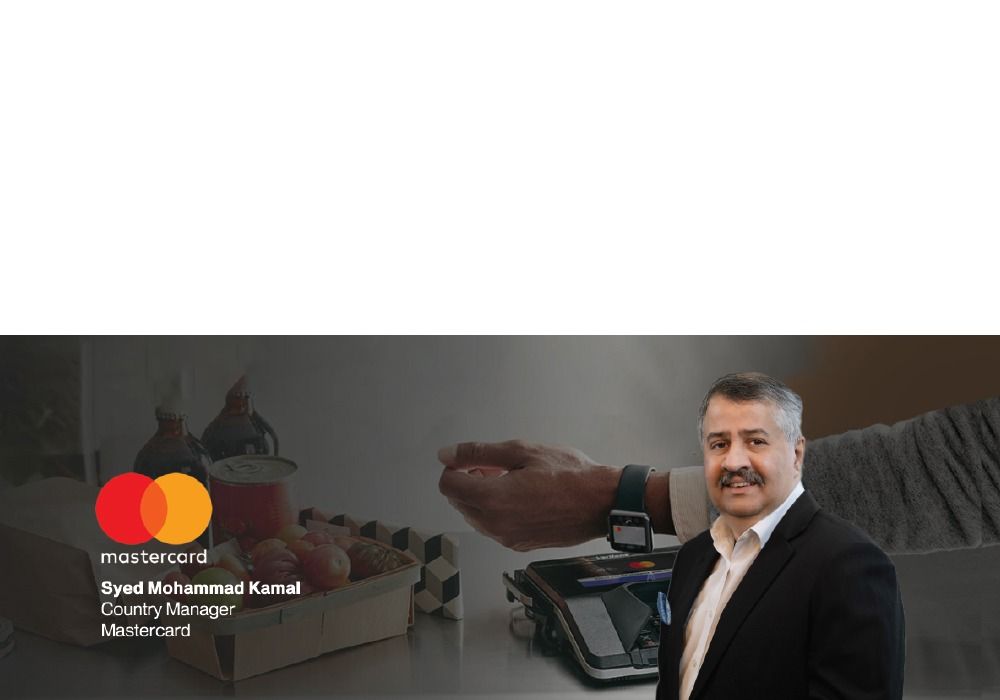
![]() Admin
Admin
![]() September 21, 2025
September 21, 2025
![]() (0) Comment
(0) Comment
Bangladesh is on a remarkable journey toward becoming a cashless society. Once a cash-reliant economy, the country has seen tech-driven finance emerge as a powerful enabler of inclusion, transparency, and growth. A country with a young median age; from mobile wallets in rural communities to contactless card payments in shopping malls, cashless transactions are reshaping how people manage money, how businesses operate, and how the economy integrates with the world.
The turning point came during the COVID-19 pandemic. As physical contact was minimized, digital payments surged, climbing to 41% at the peak. This behavioral shift reflected both necessity and adaptability. Although reliability concerns later brought the figure down to around 23% by 2024, the long-term impact remains clear: digital finance is no longer a niche but a mainstream tool.
Government initiatives such as Bangladesh Bank's Cashless Bangladesh campaign, combined with private sector investments, are sustaining this momentum. The expansion of mobile banking, credit cards, and point-of-sale (POS) infrastructure is fostering financial inclusion across sectors-retail, e-commerce, transport, and MSMEs. Today, more than 239.3 million registered mobile financial service accounts testify to how technology can bridge formal financial access for millions.
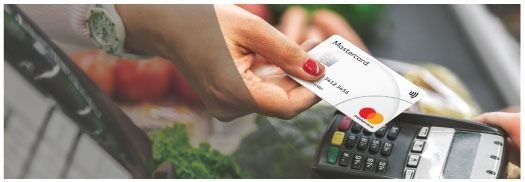
As the economy stabilizes and incomes rise, consumer habits are shifting in notable ways. Research by the Mastercard Economics Institute shows that in Asia-Pacific, including Bangladesh, inflation-adjusted wages are catching up, driving demand for lifestyle goods and big-ticket purchases such as electronics and furniture. At the same time, consumers are increasingly budget-conscious, using digital payments to compare prices, unlock discounts, and access online offers.
Grocery shopping has quietly emerged as one of the most effective entry points into the cashless economy. When people use their cards or mobile wallets to pay at Shwapno, Unimart, Agora, or Chaldal, they are not just settling bills more conveniently-they are also building a new financial habit. Campaigns like Grocery Means Mastercard show how repeated digital transactions in something as routine as buying rice or vegetables can normalize fintech in daily life. In a country where cash still dominates, the grocery basket has become an unlikely laboratory for digital inclusion.
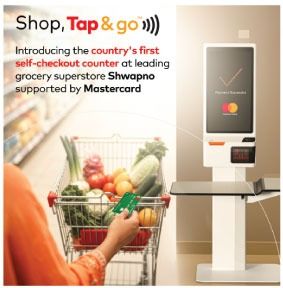 Festivals, too, are proving to be powerful catalysts. Ramadan and Eid, long celebrated through shopping sprees and family outings, are increasingly becoming seasons of cashless spending. Exclusive offers on fashion, dining, and travel-from buy-one-get-one meals to discounted holiday packages-are not simply about indulgence; they are deliberate nudges that move consumers toward digital platforms. Every discounted meal or cheaper airline ticket becomes a subtle lesson in the benefits of going cashless. Incentives, in this sense, do more than reward customers; they rewire behavior.
Festivals, too, are proving to be powerful catalysts. Ramadan and Eid, long celebrated through shopping sprees and family outings, are increasingly becoming seasons of cashless spending. Exclusive offers on fashion, dining, and travel-from buy-one-get-one meals to discounted holiday packages-are not simply about indulgence; they are deliberate nudges that move consumers toward digital platforms. Every discounted meal or cheaper airline ticket becomes a subtle lesson in the benefits of going cashless. Incentives, in this sense, do more than reward customers; they rewire behavior.
Behind these developments lies a growing ecosystem of partnerships-essential to building a truly cashless Bangladesh. Mastercard has expanded its presence by working closely with banks, fintechs, and brands across multiple sectors. Through co-branded cards, merchant collaborations, and loyalty programs, these partnerships are making digital payments more accessible, rewarding, and attractive to millions of consumers.
 For businesses, digital adoption means more than convenience. Cashless payments generate records that enhance creditworthiness, making it easier for SMEs and micro-entrepreneurs to access loans. For women entrepreneurs in particular, mobile wallets and cards provide safety, independence, and a way to grow beyond local markets. Financial inclusion becomes empowerment when access translates into opportunity.
For businesses, digital adoption means more than convenience. Cashless payments generate records that enhance creditworthiness, making it easier for SMEs and micro-entrepreneurs to access loans. For women entrepreneurs in particular, mobile wallets and cards provide safety, independence, and a way to grow beyond local markets. Financial inclusion becomes empowerment when access translates into opportunity.
Bangladesh's growing middle class is also traveling abroad more frequently, especially during Eid and holiday seasons. For these travelers, Mastercard ensures a smooth, transparent, and secure cashless experience. Its Cross-Border Services enable international money transfers to over 180 countries in 150 currencies, with predictable fees and reliable transaction times.
For businesses, Mastercard Move Commercial Payments provides real-time, transparent cross-border payments, ensuring clarity on foreign exchange rates and charges. Together, these services make global travel and commerce seamless for Bangladeshis.
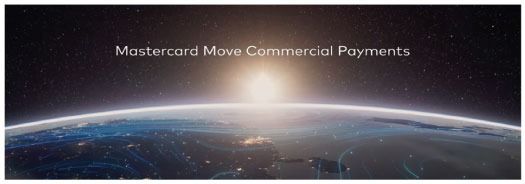
While progress is undeniable, challenges remain. Cash still dominates most transactions, reinforced by cultural habits, infrastructure gaps, and low digital literacy. Cybersecurity risks also pose a growing concern, demanding stronger protections to safeguard consumer trust.
This requires updating infrastructure and regulatory frameworks, bridging the digital divide, raising financial literacy, and reinforcing data security. Businesses must ensure their services are accessible to all, regardless of geography or socio-economic status, while consumers should embrace digital payments with confidence and advocate their wider adoption.
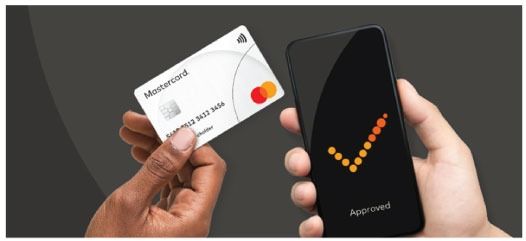
As the world moves rapidly toward a digital future, Bangladesh stands at the edge of transformative change. The surge in card usage, the growth of mobile banking, and pioneering steps toward all point toward a touch-free, cashless economy-modern, efficient, and inclusive. This is not only about technology, but also about empowerment: enabling small retailers to grow, giving women entrepreneurs financial independence, making everyday purchases more affordable, and ensuring travelers feel confident at home and abroad.
Cash continues to dominate in Bangladesh; however, digital payments bring greater transparency, traceability, and a direct contribution to the country's GDP. While cash transactions are still perceived as rewarding, it is now crucial to discourage cash usage so that people shift towards cashless payments-allowing the nation to fully embrace the benefits of a digital economy.
With sustained investment, strong partnerships, and supportive policies, Bangladesh can turn digital finance into a driver of long-term prosperity-modernizing the economy while giving millions of citizens the tools to thrive in a connected world.
